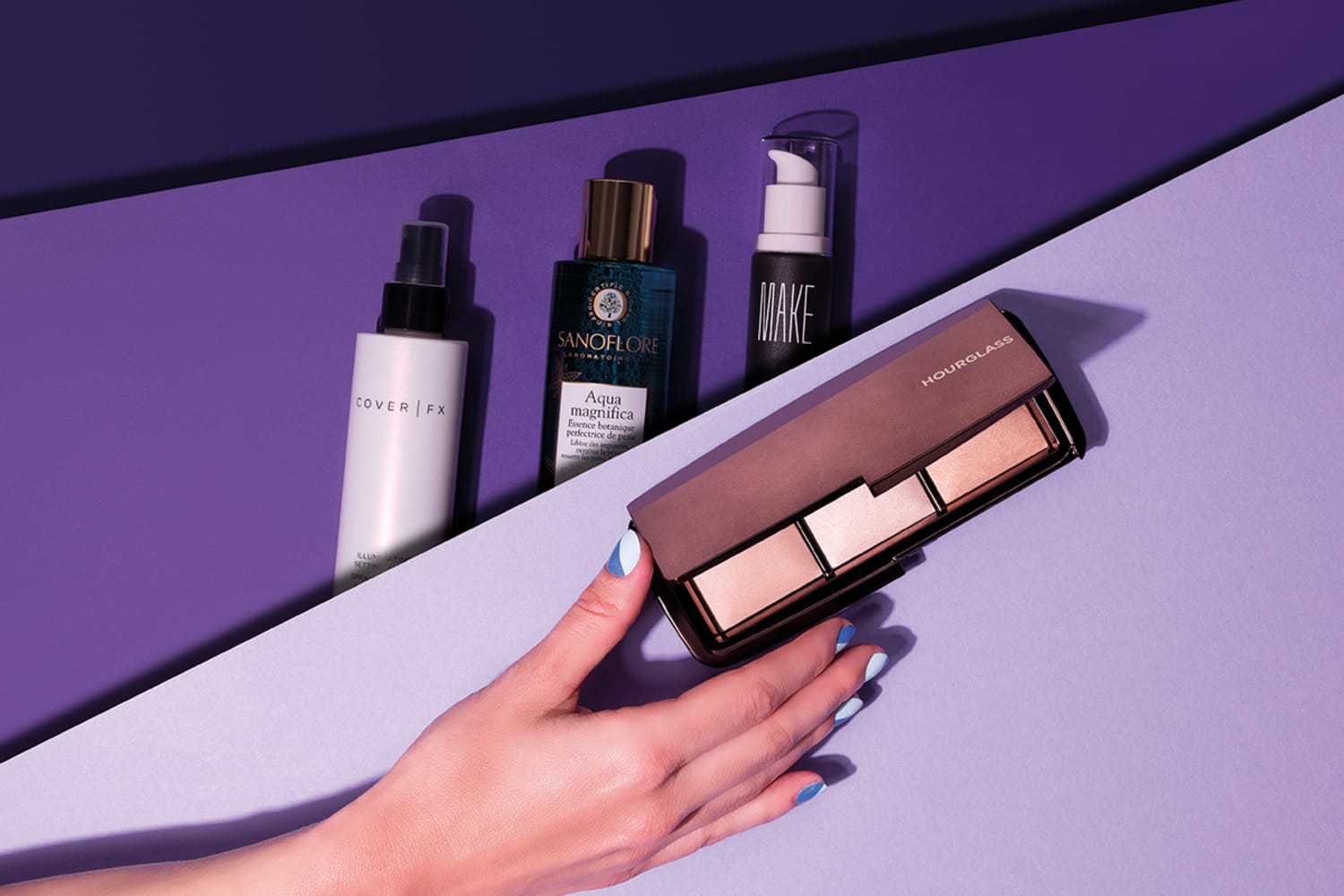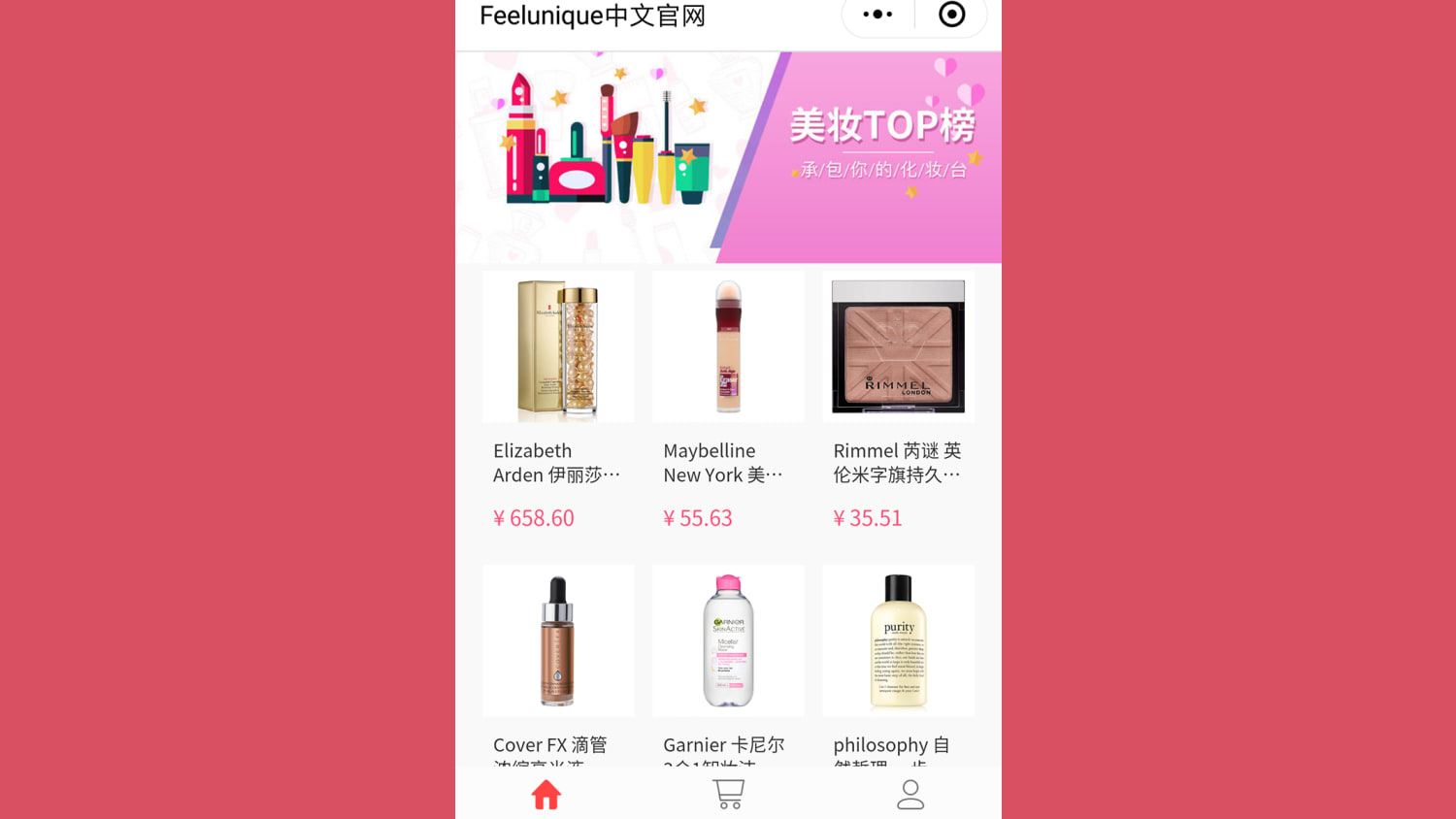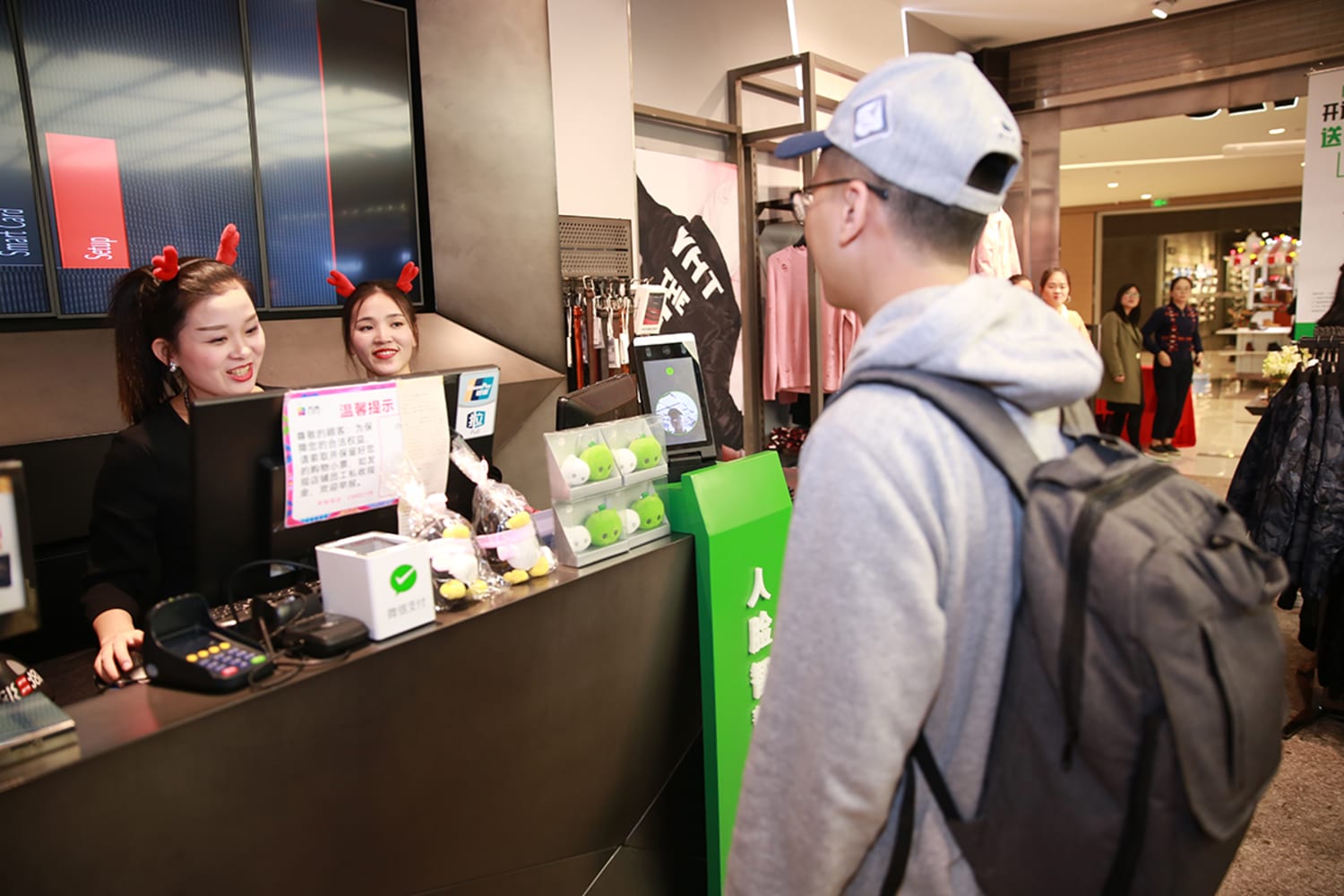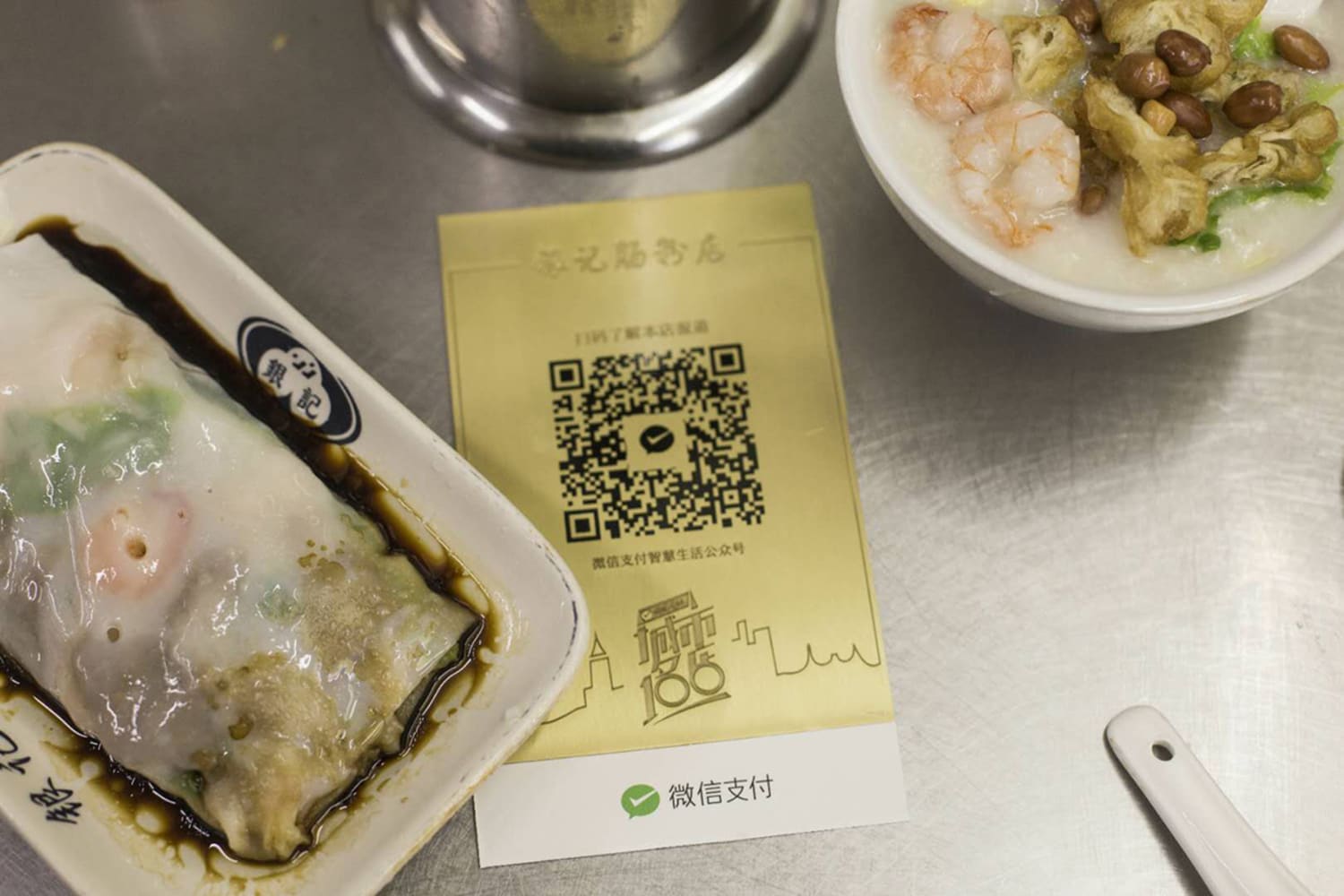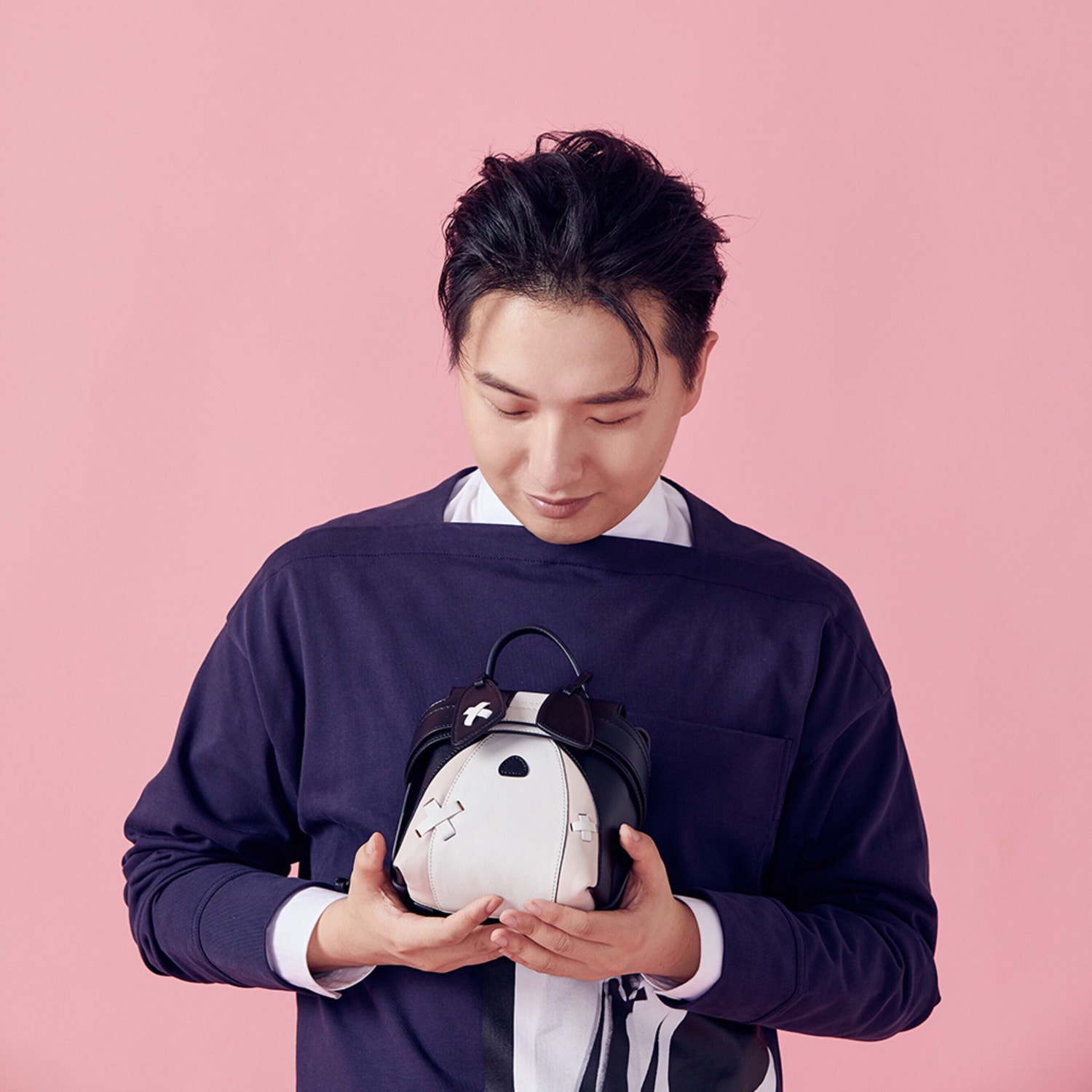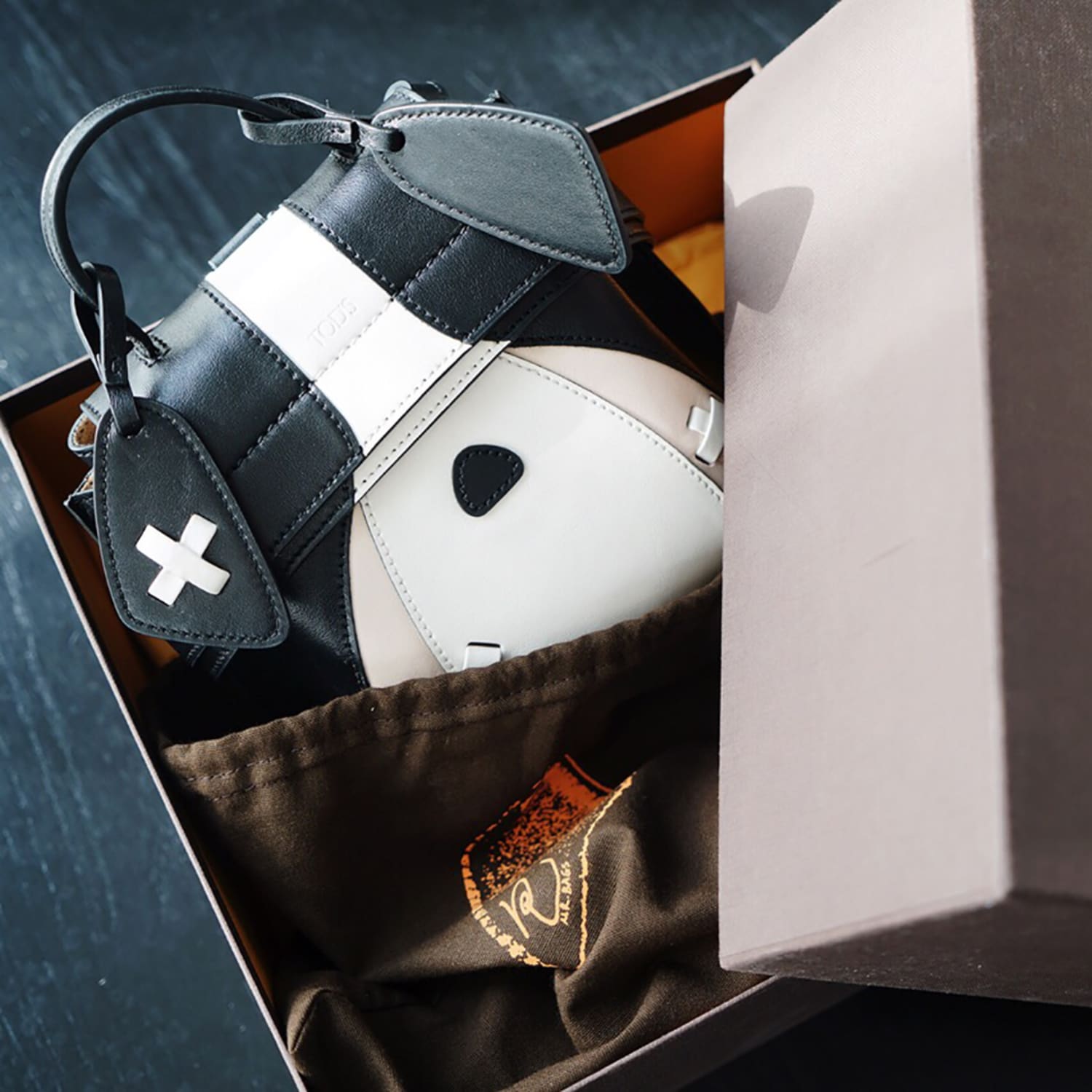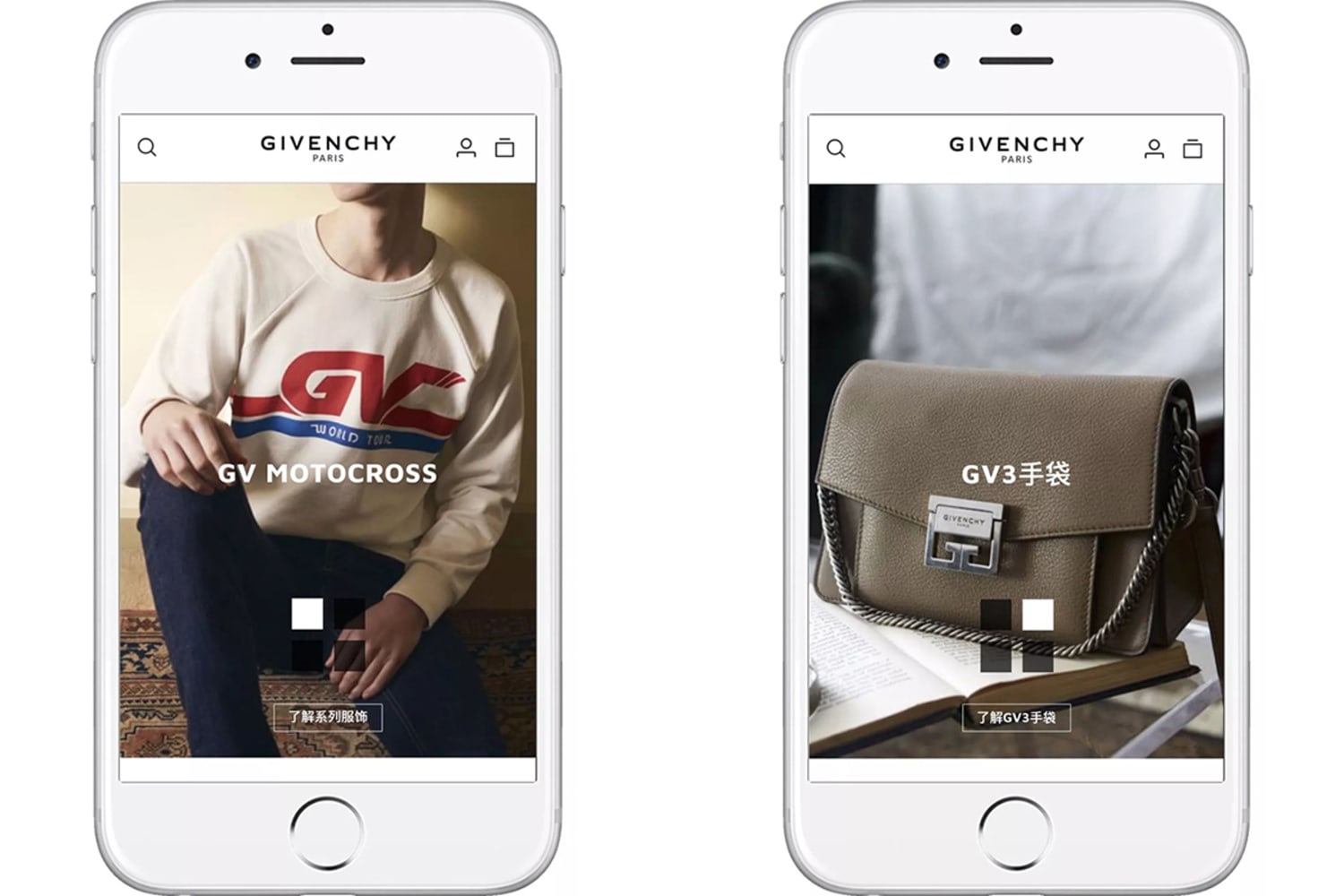Shopping online has never been more easy or intuitive in China than it is now. The country’s digital retail industry used to revolve around its major e-commerce giants, Alibaba’s Tmall and JD.com, but a leading social media platform in China is increasingly shaping consumer’s purchasing habits and global brands are jumping on board.
On June 19, European beauty retailer FeelUnique set up an e-commerce service within the WeChat app. More than one-third of Chinese consumers spend over four hours a day using the app, according to the World Economic Forum and Bloomberg Businessweek, using it for everything from paying their bills to messaging friends. FeelUnique’s new online store is entirely operated through a WeChat Mini Program, a lightweight sub-app that allows users to seamlessly browse and buy all of their cosmetics without ever having to leave WeChat.

